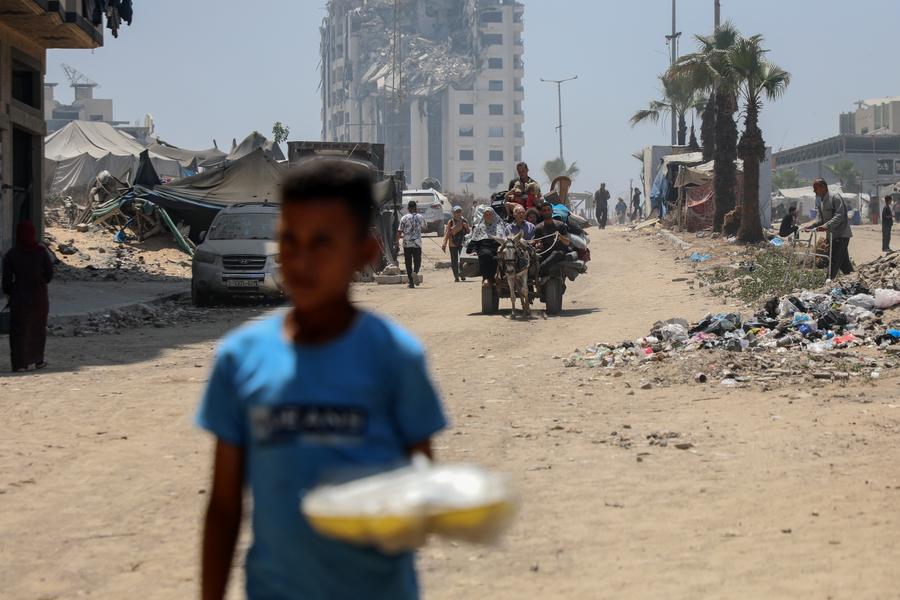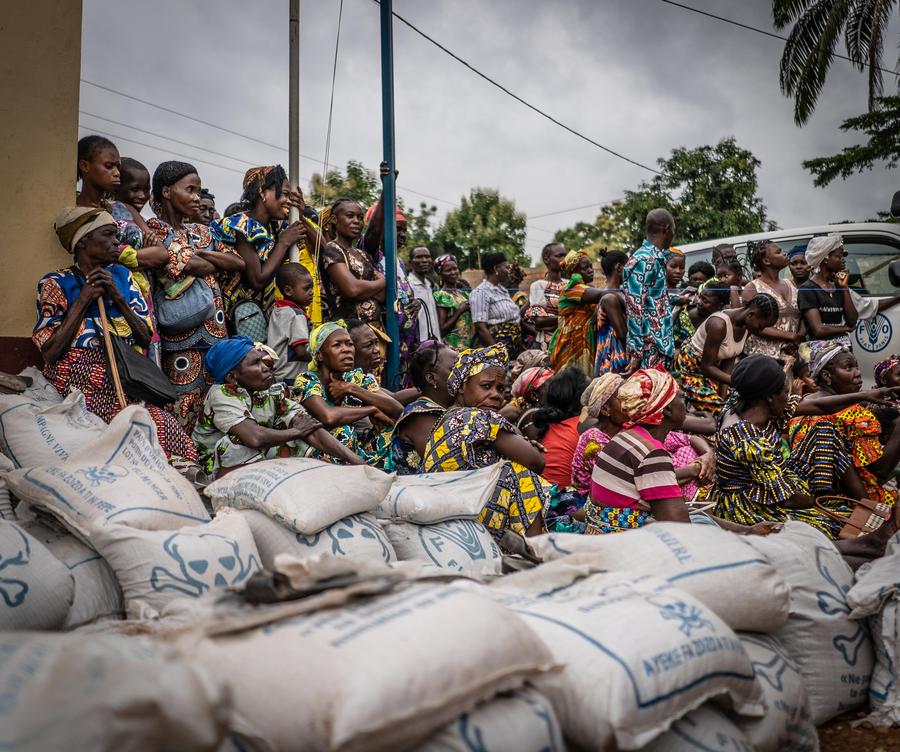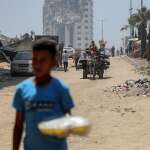Recent figures highlight the growing threat. In 2023, WHO recorded 535,321 cases and 4,007 deaths across 45 countries. However, the true toll is likely higher, with weak surveillance systems and fears of trade or tourism impacts leading to underreporting
The World Health Organization (WHO) has raised the alarm over worsening cholera outbreaks worldwide, driven by conflict, poverty, and climate-linked disasters, and urged urgent international action to contain the crisis.
According to WHO’s latest Disease Outbreak News, between January 1 and August 17, 2025, more than 409,000 cases and 4,738 deaths were reported across 31 countries. Alarmingly, six countries recorded a case fatality rate above one percent. The Eastern Mediterranean Region logged the highest caseload, while the African Region registered the most deaths.
Experts warn that mass displacement, fragile infrastructure, and flooding have made cholera increasingly difficult to control, with cross-border outbreaks becoming more complex. “Access to safe drinking water, sanitation, and hygiene is the only sustainable long-term solution to end this emergency,” the WHO stressed, assessing the global risk of further spread as very high.
The UN health agency recommends stronger surveillance, better case management, scaling up Water, Sanitation and Hygiene (WASH) interventions, wider use of oral cholera vaccines, and tighter cross-border coordination. Without such measures, the spread of the disease could intensify in vulnerable communities.
Cholera, caused by ingesting food or water contaminated with Vibrio cholerae, remains a stark indicator of inequality and poor development. While most patients suffer mild diarrhoea that can be treated with oral rehydration solution (ORS), severe cases can escalate rapidly, requiring urgent intravenous fluids and antibiotics to save lives.
Recent figures highlight the growing threat. In 2023, WHO recorded 535,321 cases and 4,007 deaths across 45 countries. However, the true toll is likely higher, with weak surveillance systems and fears of trade or tourism impacts leading to underreporting.
WHO emphasises that cholera will continue to surface regularly in countries with weak water and sanitation systems, and outbreaks may erupt after conflicts, displacement, or climate events such as cyclones, floods, and drought. The organisation called for renewed investment in public health systems and infrastructure, alongside urgent emergency responses, to break the cycle of recurring cholera crises.













